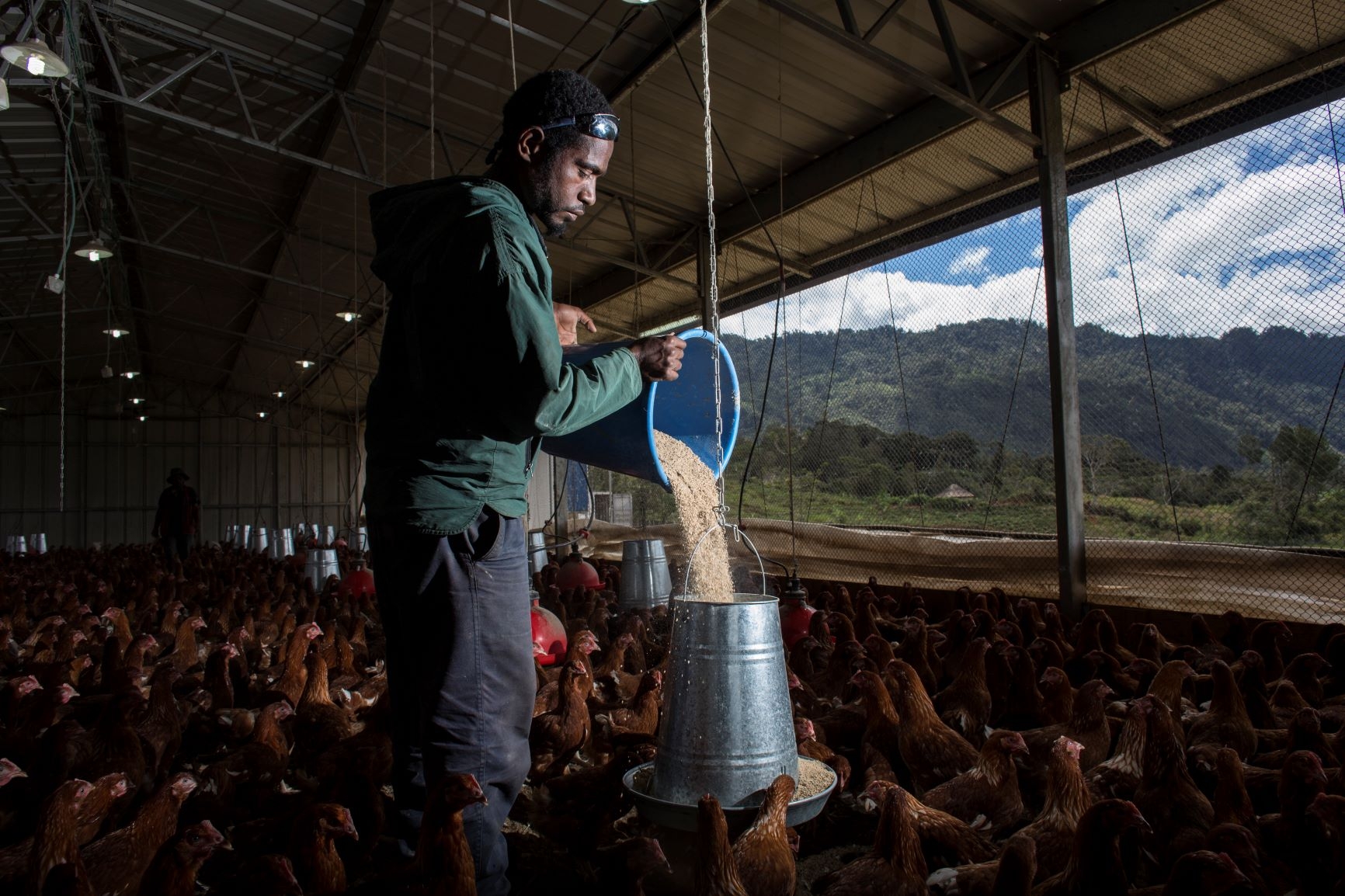The impact of COVID-19 is accentuating trends that had already developed over the last decade, says University of Papua New Guinea lecturer in economics, Maholopa Laveil.
He lists amongst these trends: “falling employment, large fiscal deficits, very mild resource growth and the increasing debt burden.”
Laveil says the exchange rate “is the only policy lever for government right now to use so it can allow a managed depreciation of the kina, but it refuses to do so. And the reforms going forward will be undermined by a looming vote of no confidence in November this year, a misperception of stability held by many government employees, the durability of leading civil servants who are resistant to change, the gradual deterioration as opposed to a sudden deterioration, this does not prompt them to adopt reforms and external financing available that is not conditional on policy reforms.”
In an update published in April 2020 the International Monetary Fund suggested “the kina is overvalued by around 11 to 18%. This overvaluation could be largely eliminated over the next three years without boosting inflation excessively.”
Executive Director of the PNG Business Council, Douveri Henao, said “there is a very lively debate in the market right now with policy makers whether the devaluation of the kina should kick in.
“Those that are pro-devaluation, their main argument is that everything is slowing down so this is the time to actually devalue. Whereas others, especially on the government side, are more reluctant because of the debt financing pegged into a stronger Kina.”
Henao says the Council is working hard to ensure businesses can survive, saying “we simply cannot go back to an April lockdown state of emergency scenario”. He says CEOS and managing directors the Council spoke to at that time, 75% expected revenue to decline, 70% expected a profit decline and 66% indicated they won’t be operating any business by the end of the year. Henao says businesses are negotiating a co-regulation model where “social distancing, hygiene protocols, staff rotation protocols are now becoming the compliance mechanism that businesses are undertaking,” allowing them to continue operating.
He indicates that there have been signs of market resilience, with fresh produce moving across the market, “There have also been substitutions on services as well, more PNG management are rising up to executive positions. When the March period kicked in, there were lots of expatriates that left the country, called from their governments and in particular Australia. All of those positions are being filled up by PNG middle to senior management.
“[There] has been a massive uptake on technology. All the consumables have jumped up by 30-40% in purchases because everything’s online from school curriculums to business engagement and so forth.”
The ADB projects economic growth will decline to -1.5% this year, likely leading to further cash flow problems for government. Development Policy Centre’s COVID Economic Database notes projected economic growth of -1.5% for 2020, down from 2% pre-COVID. Government revenue is anticipated to fall by 15% and debt will rise to 43.7% of GDP.
“The latest international commodity price data published by the World Bank in April 2020 indicate a general fall in the prices of PNG’s main export commodities. Prices for Liquefied Natural Gas (LNG), copper and nickel declined, while that of gold picked up reflecting investors’ preference for a safe haven investment. Non-mineral commodity prices for cocoa, coffee and palm oil also increased providing some relief to PNG exporters,” Bank of PNG Governor, Loi Bakani wrote for the Pacific Forum blog recently.
“The significant drop in some of the commodity prices has already affected PNG’s export tax revenue and foreign exchange inflows, and will continue to put pressure on the foreign exchange market. The Government’s support to increase local production and ensure its food security requirements are at a satisfactory level is critical to sustain domestic consumption, while reducing the country’s dependency on imports.”
